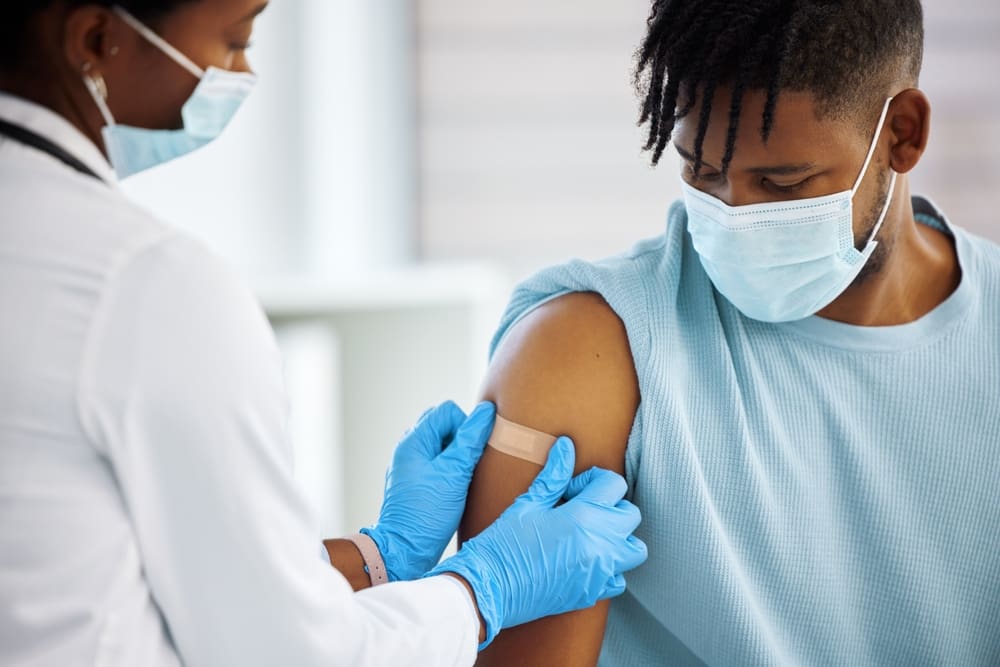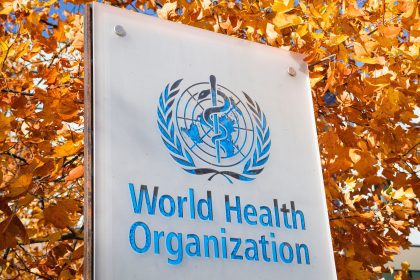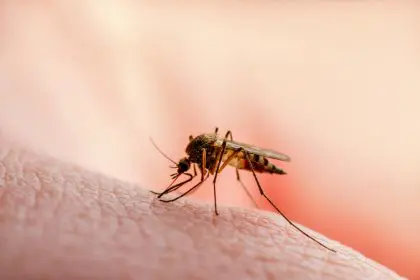After an intense battle against one of the world’s most feared diseases, Uganda has officially declared victory over its latest Ebola outbreak. The Ministry of Health confirmed the country has maintained 42 consecutive days without new cases since the last patient was discharged on March 14, 2025, meeting the official criteria for declaring an end to the health emergency.
The outbreak in numbers
The recent outbreak involved the Sudan virus disease (SVD) subtype, which historically carries a devastating mortality rate of approximately 40%. During this outbreak:12 confirmed cases were identified, 2 unconfirmed cases were documented, 4 deaths occurred (2 confirmed and 2 probable), 10 patients recovered fully and over 500 contacts were monitored
Health authorities successfully contained the virus that first emerged in January 2025, demonstrating remarkable effectiveness in their response strategies despite facing significant hurdles.
Dual challenge: rural and urban spread
The outbreak presented unique complications by affecting both densely populated urban centers and remote rural communities across Uganda. This dual-front battle tested the country’s health infrastructure, requiring tailored approaches for different settings while working within tight resource constraints.
Health teams had to navigate complex logistics to reach isolated villages while simultaneously managing cases in more populated areas where the risk of rapid transmission remained high. This geographic diversity demanded extraordinary flexibility from response teams.
Record-breaking medical interventions
In a remarkable display of scientific readiness, health authorities implemented cutting-edge medical interventions with unprecedented speed:
- A randomized clinical vaccine trial launched within just four days of the outbreak declaration
- Ring vaccination strategies targeted those most at risk of exposure
- Experimental treatment with Remdesivir under carefully monitored protocols
- Enhanced surveillance systems tracked potential cases and contacts
- Specialized treatment centers provided supportive care for the infected
These rapid deployments represented a significant advancement in emergency response capabilities compared to previous Ebola outbreaks across Africa.
Community engagement as the cornerstone
While medical interventions proved critical, Uganda’s success ultimately hinged on extraordinary community participation. Local leaders, religious figures, and community health workers formed the frontline defense against misinformation and fear.
Neighborhoods established vigilance committees to monitor for symptoms, report concerns, and ensure proper burial practices when necessary. This grassroots approach created a crucial bridge between formal health systems and everyday citizens, cultivating trust during a period of intense uncertainty.
Villages organized information sessions where health workers could explain transmission patterns, demonstrate protective measures, and address concerns in culturally appropriate ways. This transparent communication strategy helped overcome initial resistance and fostered cooperation essential for contact tracing efforts.
Lessons for future outbreaks
Uganda’s experience offers valuable insights for managing similar health crises:
- Early detection remains the single most important factor in preventing widespread transmission
- Decentralized response teams can adapt more quickly to local conditions
- Experimental treatments show promise when deployed under careful protocols
- Community leadership must be integrated into all aspects of the response
- International support provides crucial resources but must follow local guidance
Health experts emphasize that Uganda’s success resulted from building on experiences from previous outbreaks and refining approaches based on evidence gathered during those events.
Funding challenges amidst global constraints
Despite the successful outcome, the response effort faced significant financial hurdles. As global health budgets tighten worldwide, Uganda had to maximize efficiency with limited resources. The WHO African regional office noted that sustainable funding for preparedness remains a persistent challenge across the continent.
The current economic climate has reduced international aid budgets precisely when investment in disease surveillance and response capabilities is most needed. This outbreak underscores the importance of maintaining financial commitments to global health security even during periods of economic uncertainty.
The road ahead: maintaining vigilance
While celebrating this public health victory, Ugandan authorities remain focused on preventing future outbreaks. The Ministry of Health has announced a comprehensive follow-up program that includes:
- Ongoing surveillance in previously affected regions
- Specialized care programs for Ebola survivors who may experience long-term health complications
- Continued training for frontline health workers
- Stockpiling of essential protective equipment and treatments
- Regular community education initiatives
These measures aim to detect any potential resurgence early while strengthening the foundation for responding to other infectious disease threats.
Uganda’s emerging model for regional response
Uganda’s approach during this outbreak has drawn attention from neighboring countries seeking to enhance their own preparedness plans. Regional health bodies are studying the coordinated strategy that aligned government agencies, international partners, and community structures into a unified response system.
The country’s experience demonstrates how middle-income nations can effectively manage complex health emergencies through strategic partnership and local leadership, potentially reducing dependency on external intervention for future outbreaks.
International collaboration proves decisive
The WHO and multiple international partners provided crucial technical expertise, laboratory support, and medical supplies throughout the outbreak. This assistance complemented Uganda’s domestic response capabilities, creating a more robust overall system for containing the virus.
Vaccine developers also played a vital role by making candidate vaccines available with unprecedented speed, allowing for immediate clinical evaluation during the active outbreak phase. This collaboration between pharmaceutical researchers and field responders represents a significant evolution in emergency response protocols.
A victory with lasting implications
As Uganda moves beyond this outbreak, the successful containment effort stands as evidence that even deadly viral threats can be overcome through coordinated action. The swift resolution—in less than four months—demonstrates remarkable progress in emergency response capabilities across the African continent.
While challenges remain in building sustainable health systems, this outbreak’s conclusion provides a moment to recognize the dedication of health workers who risked their lives to protect communities. Their courage, combined with scientific innovation and community cooperation, delivered a victory against one of medicine’s most formidable opponents.









